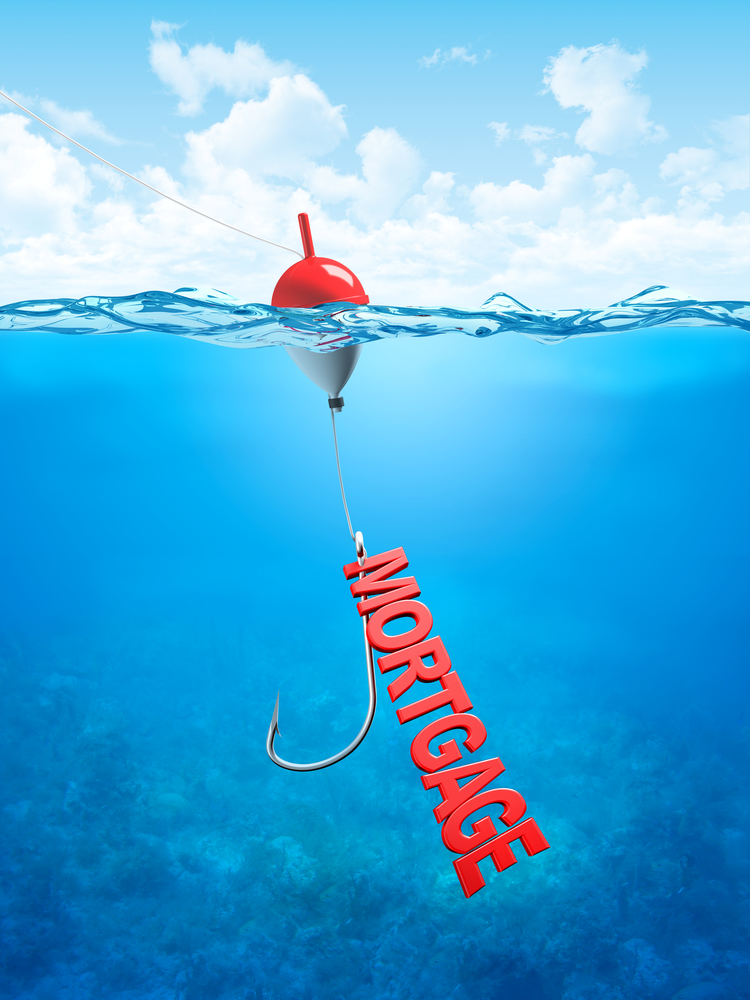 Have you been considering walking away from your house payments and mortgage? According to a recent CNN article, many homeowners are getting ruthless and voluntarily choosing to walk away. We are seeing this more and more among our foreclosure defense and short sale clients. Sometimes it is better to take the credit hit and save money on huge mortgage payments on an underwater asset. Home values have continued to slide another 11% in Florida in February when compared to the same month in 2010. CBS MoneyWatch reports that 47% of Florida homeowners are underwater.
Have you been considering walking away from your house payments and mortgage? According to a recent CNN article, many homeowners are getting ruthless and voluntarily choosing to walk away. We are seeing this more and more among our foreclosure defense and short sale clients. Sometimes it is better to take the credit hit and save money on huge mortgage payments on an underwater asset. Home values have continued to slide another 11% in Florida in February when compared to the same month in 2010. CBS MoneyWatch reports that 47% of Florida homeowners are underwater.
Fannie Mae reports in a recent survey that the number of homeowners who would even consider walking away has increased from 15% to 27% this year. This is despite Fannie Mae’s threat to withhold Fannie Mae backed financing for strategic defaulters that it made over a year ago.
So what should you consider before you make such a decision? Well, first of all, if you have a good job, assets and a strong credit report, you can be a target for a deficiency lawsuit later down the road as Florida is a “recourse” state. Banks and other owners of mortgage debt have up to five years to pursue you to collect the unpaid balance. The question is will they? If you look good to them on paper, it is more likely you will be sued for a deficiency. If this is the case, or you think your finances will pick up over the next few years, you may want to consider a short sale to at least try to open negotiations for a full or partial deficiency waiver. Alternatively, many clients elect to file bankruptcy now while they qualify to order to obtain closure and gain the certain knowledge that they cannot be sued later.
One major factor impacts a decision to file bankruptcy now versus later. Here in the Middle District of Florida, Tampa Division, in most all circumstances, a bankruptcy client is allowed to count as a reasonable and necessary living expense the housing cost with mortgages, even if they are giving up the home. I guarantee the housing cost associated with owning a home is much much greater than renting (particularly when using the local IRS standards for Tampa Bay housing that we are required to use). So if you are considering filing bankruptcy, make sure to consult with a bankruptcy attorney PRIOR to moving out of the home.
Another huge factor is the time it is taking for some lenders to foreclose in Florida. A bankruptcy client might as well continue living in the home for a year or more after the bankruptcy. This way the client can save some money to help make up for the unfortunate loss of the home, and will help to maintain the property as well rather than leaving it vacant. Vacant homes mildew and are often subject to vandalism and code enforcement violations.
If you have further questions regarding bankruptcy options, please contact us or see our website at Arkovich Law
 Reboot Your Life: Tampa Student Loan and Bankruptcy Attorney Blog
Reboot Your Life: Tampa Student Loan and Bankruptcy Attorney Blog

